Backend World
Scaling the Backbone of Tomorrow's Technology
- 1092 Backend Developers
- 20 Backend Sessions
- Backend Workshops
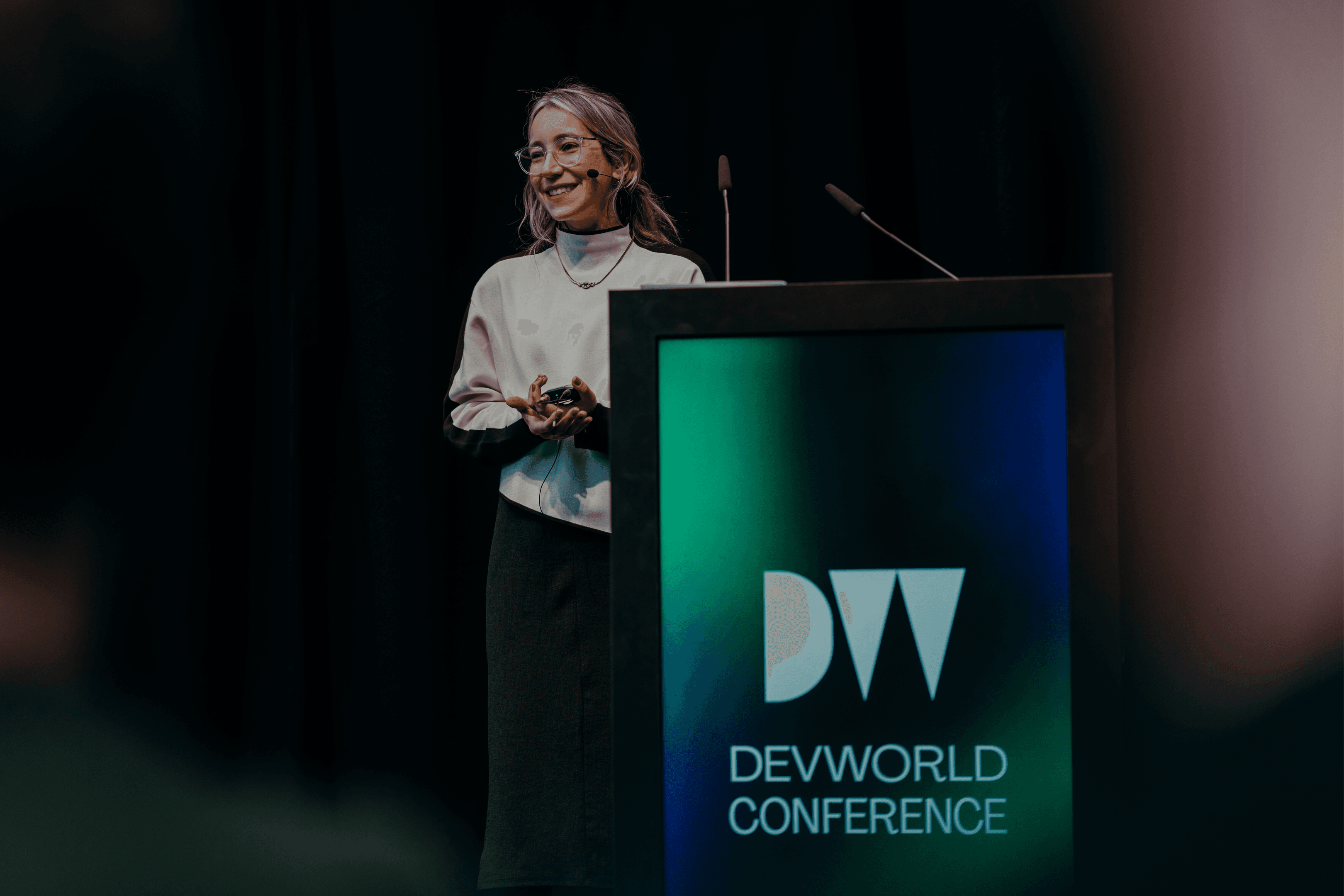
What To Expect
Mastering Microservices Architecture with Spring Boot
Dive deep into microservices architecture using Spring Boot, covering scalability, fault tolerance, and deployment strategies. Explore best practices for building microservices-based systems.
Building Real-time Applications with Node.js and Socket.io
Learn how to leverage Node.js and Socket.io to build real-time communication applications, including use cases like chat apps, live notifications, and collaborative tools.
GraphQL vs. REST: The Future of API Development
Compare GraphQL and REST API architectures, discussing performance, flexibility, and real-world applications. Learn when to choose each and how to migrate existing systems.
Scaling Python Web Applications with Django
Focus on optimizing Django applications for high traffic, including database management, caching techniques, and asynchronous processing to boost performance.
Containerizing Backend Applications with Docker and Kubernetes
Learn how to containerize backend applications using Docker and manage them at scale with Kubernetes. This session covers deployment pipelines, orchestration, and scaling strategies.
First Speakers Released!


Marit van Dijk
Developer Advocate @JetBrains
With 20 years of software development experience in different roles and companies, Marit loves building awesome software with amazing people and making developers lives better. She enjoys learning new things as well as sharing knowledge on programming, software development, testing & test automation, and more. She has contributed to open-source projects like Cucumber and several other projects. Marit speaks at international conferences, in webinars, and on podcasts, writes blog posts and tutorials, and contributed to the book “97 Things Every Java Programmer Should Know” (O’Reilly Media).


Zachary Powell
DevRel Manager @Vonage
With 15 years of Android development experience, Zachary moved into DevRel at the start of 2021. While turning to the dark side and moving into management he's still very passionate about Android and all things mobile!


Alisher Alimov
Sr Sys Engineer @NVIDIA
Dedicated software engineer with over 14 years of experience in the tech industry. Currently, working at Nvidia, where he focuses on cloud platform development, optimizing performance, and ensuring the scalability of complex systems.
Last Year Speakers


Denny Biasiolli
Full Stack Developer @Fingerprint
Developer for (too) many years, I currently work using Python / Django in the backend and JavaScript / Vue.js in the frontend.
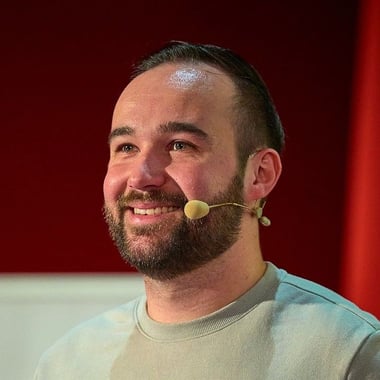

David Vlijmincx
Senior Software Developer @Team Rockstars IT
David is a senior software developer at Team Rockstars IT, Public speaker, Java blogger, and Author who loves to use and find new techniques and pragmatically apply them.


Sanne Kalkman
Senior Software Engineer @CodeSandbox
Sanne is a Senior Software Engineer at CodeSandbox, where she is one of two engineers responsible for the application backend. At work, she is happily specialised in Elixir, but outside of tech she has way too many hobbies and a growing collection of art supplies.

Alexey Soshin
Senior Solutions Architect @AWS
Solutions Architect with 17 years of experience in the industry. Author of "Pragmatic System Design" video course and "Kotlin Design Patterns and Best Practices" book.


Harish Kandala
Enterprise Engineer @ Meta
I am a full-stack developer with over 6 years of industry experience in technologies such as Java, Spring Boot, Play, Python, Node.js, JavaScript, Angular, and React. I currently work at Meta in Amsterdam, where I contribute to the Helpdesk, an in-house CRM platform for all employees at Meta.


Scott Stroz
MySQL Developer Advocate @ Oracle
Scott is a developer with over 20 years of experience in several languages. In those years, MySQL was the only constant in his development stack. He is passionate about sharing what he has learned on his coding journey so others may learn from his mistakes.

Louëlla Creemers
.NET developer @4DotNet
Web Developer from Rotterdam, The Netherlands, with a passion for .NET development. At the early stage of her career she’s already a Microsoft MVP, successful content creator, teacher, blogger, and public speaker. She has built a strong following of over 30,000 people on social media, thanks to her technical expertise and her commitment to helping others learn and grow in their careers. You can find her on Twitter and Linkedin, sharing different kinds of educational posts or dad jokes.


Albert-Jan Schot
Chief Technology Officer @Blis Digital
As a senior cloud architect Albert-Jan Schot enjoys stepping up to the challenge of designing, developing and building innovative cloud solutions. He is a valuable source of knowledge for his colleagues, customers and the worldwide Microsoft-community. With his no-nonsense and can-do mentality he brings a unique combination of in-depth hands-on experience and consultancy skills on all levels to any team. As a CTO within Blis Digital Albert-Jan is responsible for the technical vision and strategy within the low-code practice.


Quazi Nafiul Islam
Developer Advocate @SonarSource
Software Developer, Author and Speaker. Nafiul has written and spoken on a wide variety of developer topics around the world. He loves Python and developer tooling.


Jonathan Vila
Developer Advocate @sonarsource
Java Champion, Organiser at BarcelonaJUG and cofounder of JBCNConf and DevBcn conferences in Barcelona. Currently working as Developer Advocate in Java for Sonarsource (SonarLint,SonarQube), focused on Clean Code & Security. Former SE at Tetrate, SSE at Red Hat in Keycloak team, SSE at Ocado Technology, SSE at Netcentric. I have worked as a (paid) developer since the first release of The Secret of Monkey Island, about 30 years ago using Go on Kubernetes for a Service Mesh layer on top of Istio | Java on Kubernetes for K8s Operator, Rest API, using Quarkus, GraalVM, Apache Camel | PHP | VB | Python | Delphi | JavaScript | Pascal | C Very interested in simulated reality, psychology and Java.


Katja Schuitemaker
IT Chapter Lead @ING
After earning my PhD in modelling complex flows in risk assessment, I decided to transition to IT to explore the software side of systems. Joining ING in 2020 as a software developer in Transaction Services, I have been actively involved in both the front end and back end of applications that serve Wholesale clients’ payment initiation needs, and am currently an IT Chapter Lead.


Kaya Weers
Software Engineer @Ordina
Kaya is a software developer at the Ordina who loves innovation and asking ‘why?’. She likes to combine creativity and technology to come up with the best solutions.


Grigory Petrov
DevRel @Singula.Team
Full-time software developer since the late nineties. Was involved in such software projects as Radmin, Advanced IP Scanner, NPTV, Voximplant. A frequent conference and meetup speaker with main areas of interest in software development management and cross-platform development. A full-time DevRel at Singula.Team, a custom software development and digital artworks company.

Andreas Kollegger
Senior Developer Advocate @Neo4j
Andreas is a technological humanist. Starting at NASA, Andreas designed systems from scratch to support science missions. Then in Zambia, he built medical informatics systems to apply technology for social good. Now with Neo4j, he is democratizing graph databases to validate and extend our intuitions about how the world works. Everything is connected.
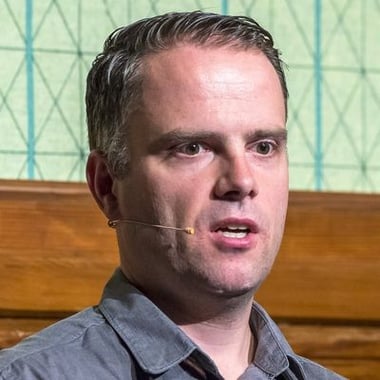
Johan Janssen
Architect
Architect at ASML. Conference speaker, JavaOne Rock Star. Chocolateynuget Java packages maintainer. InfoQ Java news author.

Iulia Feroli
Senior Developer Advocate @Elastic
After working on many sides of tech (as a cloud architect at MSFT, a sales engineer and PMM at Dataiku) Iulia finally found her perfect match as a developer advocate at Elastic - focusing on creating content for, and learning from the tech community. She specialises in data science & AI solutions and loves creating videos, blogs, demos and sessions to get people excited about the possibilities of tech. Iulia loves to talk about anything NLP, cloud, data science 101, MLOPs, generative AI, and more.

Peter Streef
Software Engineer @ Moderne
Peter Streef is a staff software engineer at Moderne, which automates software refactoring at scale. With a passion for helping developers perform better by doing less he now works on the SaaS platform at Moderne. After studying physics he worked on computer vision before transitioning into software product development in fintech, logistics and automation.

Deepu K Sasidharan
Java Champion, JHipster co-lead and Developer Advocate @ Okta
Polyglot developer mainly working with Java, Rust, JavaScript, TypeScript, Go, and Kotlin. Dabbling with few other languages occasionally.
Learn From
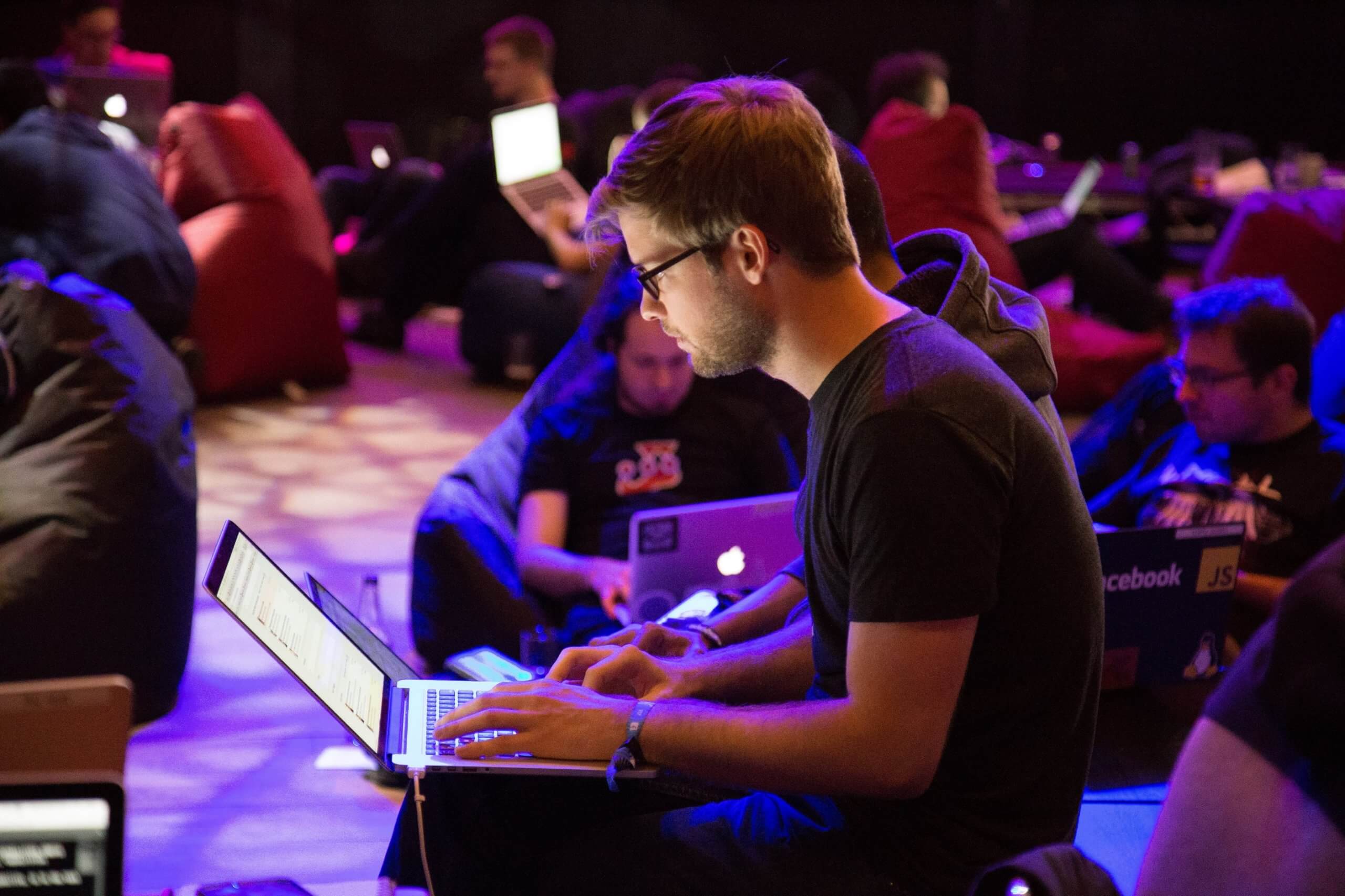
Tech Leader Masterclasses
Your ticket includes Free Masterclasses designed specifically for engineering managers and leadership roles. It's tailored to equip you with the knowledge and strategies needed to lead and make informed decisions for your team and as a company.

Grow Your Network
Make Professional Connections for Life whilst bonding with your whole engineering Team at our Daily Networking Areas, Mixers and Meetups throughout Amsterdam.
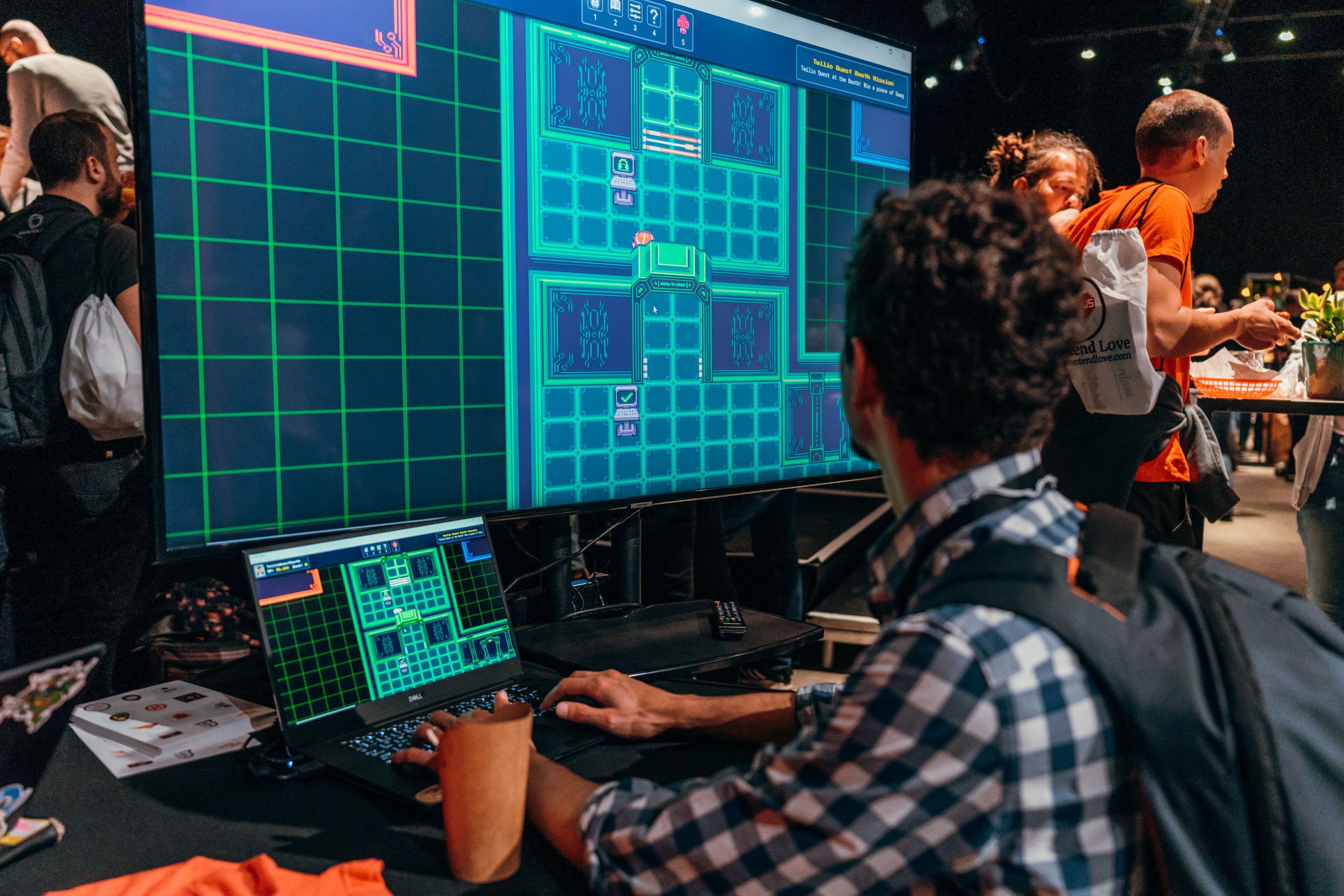
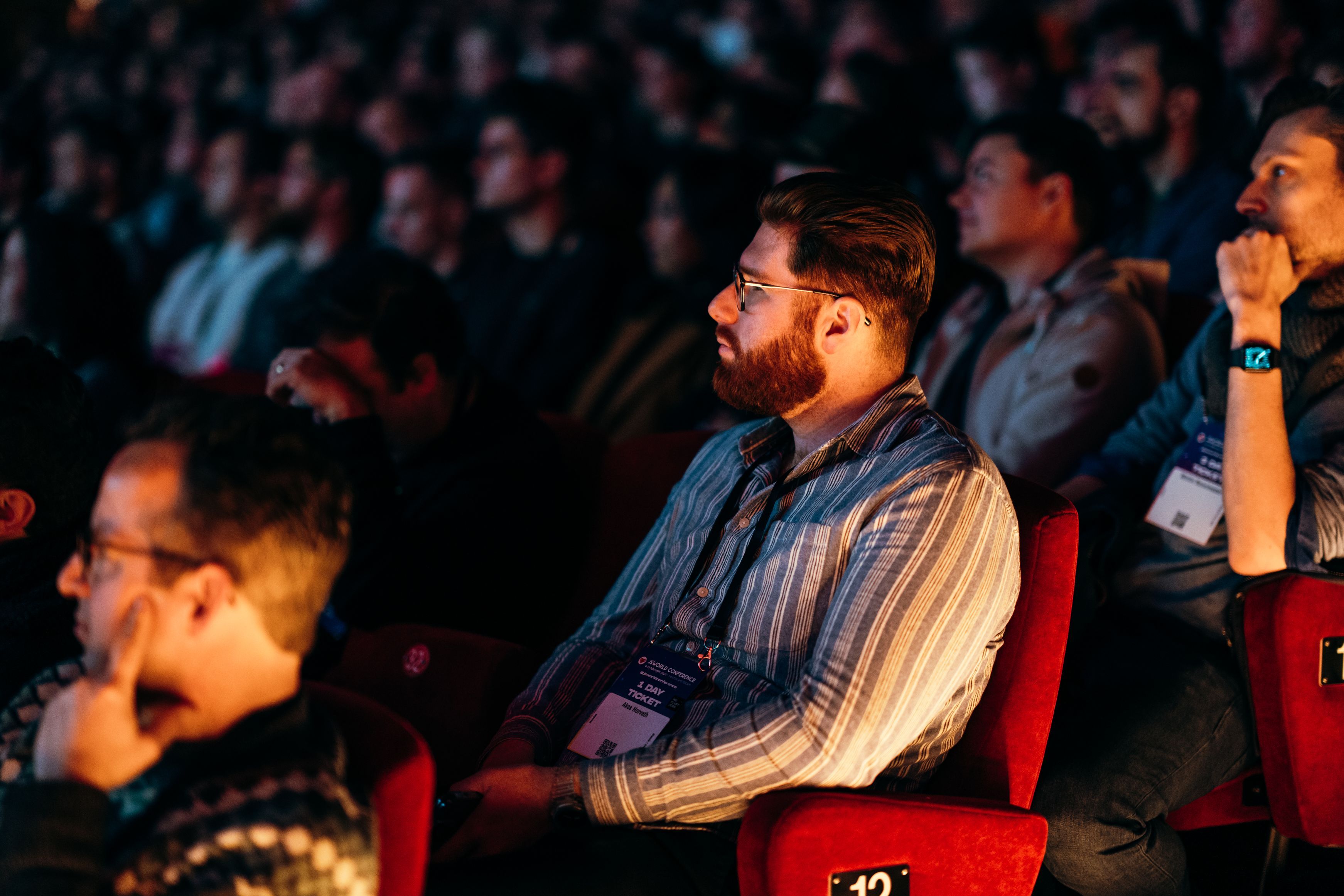

Reach out to
1,000 Decision Makers
Devworld Conference brings you the unique opportunity to reach out directly to 1,000 Decision Makers with the ability to directly buy your product. Grab your chance to immediately promote your Product or Hiring Needs among Backend, Frontend and DevOps & Cloud Developers flying in from 42 countries representing 798 companies.
 DEVWorld
DEVWorld











